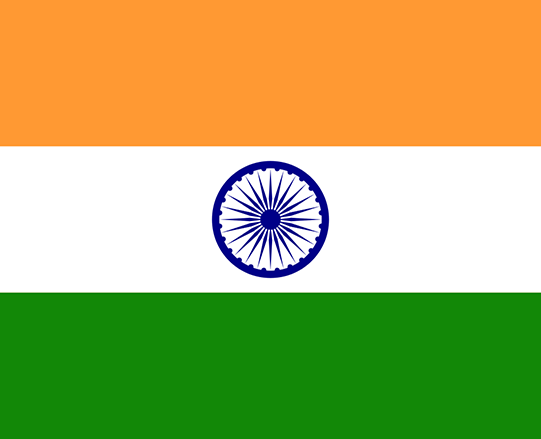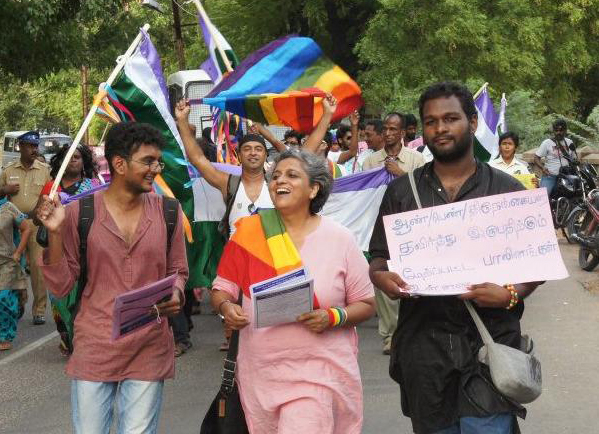In 2017, a nine-judge bench of the Supreme Court considered whether the right to privacy was a fundamental right under Part III of the Constitution of India. Justice K.S. Puttaswamy brought a case to challenge the constitutionality of the Aadhaar welfare scheme in India. Other petitioners brought similar cases to the Supreme Court.
The case hinged on the judgments in the cases of M.P. Sharma vs. Satish Chandra and Kharak Singh vs. State of Uttar Pradesh which held that the Constitution did not specifically protect the right to privacy.
In Puttaswamy v. Union of India the Court found that privacy was a distinct and independent fundamental right under Article 21 of the Constitution and overruled the judgments of MP Sharma and Kharak Singh.
Significantly, the Court held that “sexual orientation is an essential attribute of privacy” and that “discrimination against an individual on the basis of sexual orientation is deeply offensive to the dignity and self-worth of the individual.” The Court also found that the judgment in Suresh Koushal v. Naz Foundation– which had effectively re-criminalised private, consensual same-sex sexual activity- was “unsustainable” and “an inappropriate construction of the privacy based claims of the LGBT population.”
Download the judgment



